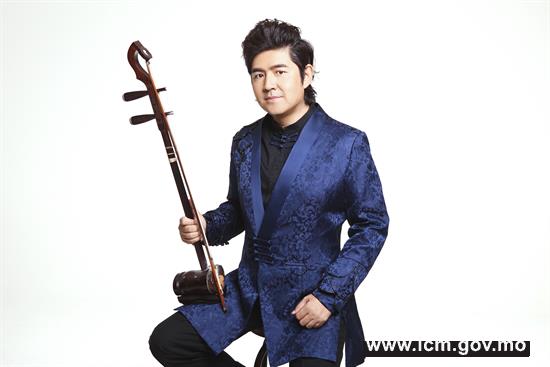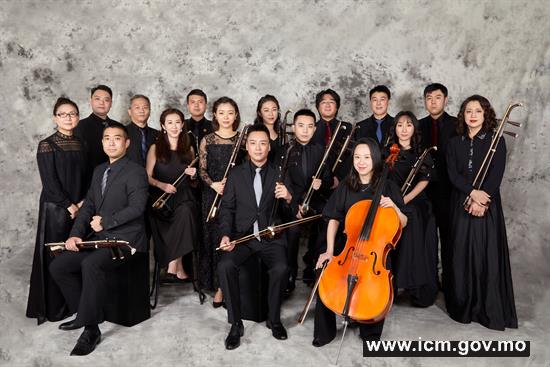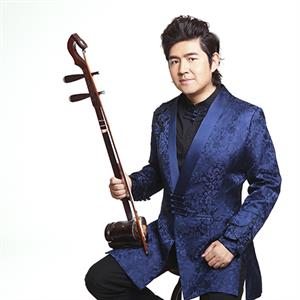Huqin (Chinese spike fiddles) is a group of Chinese stringed instruments. Many types of huqin were developed along its history, such as erhu, jinghu, banhu and zhonghu, etc., of which erhu is the most popular. With a variable timbre at times strong and other times soft, erhu is very expressive. It can play thick, deep or pulsing melodies, as well as high-pitched and bright tunes. Zhonghu, namely the mid-pitched erhu or alto erhu, wasdeveloped onthebasisoferhuin modern times, to make the Chinese orchestra produce richer and mellower sound. Banhu’s name derived from its wooden soundboard (Ban). With shrill, sonorous sound, it is a major accompaniment instrument in folk operas in northern China and it also plays a solo role in an ensemble.
In this special concert, huqin master Chen Jun will present Scenes of a Mountain Village together with performers from the Macao Chinese Orchestra’s huqin section. An erhu ensemble will interpret the namesake piece of the hit documentary series on Chinese food, A Bite of China, in a showcase merging food culture with music. Other repertoire also shows the endlessly entrancing charm of Chinese bowstring art.
Programme Highlights
|
Titles |
Solo |
Composer/Arranger |
|
Scenes of a Mountain Village |
Comp. Chen Yaoxing |
|
|
On the Grassland |
Zhonghu: Zhang Yueru |
Comp. Liu Mingyuan |
|
A Paizi Tune of Qinqiang Opera |
Banhu: Li Feng |
Qinqiang Opera Arr. Guo Futuan |
|
Erhu Ensemble A Bite of China |
Comp. A Kun |
Duration: approximately 1 hour, no intermission.



Chinese Bowed Strings Concert "Dance with Strings"

